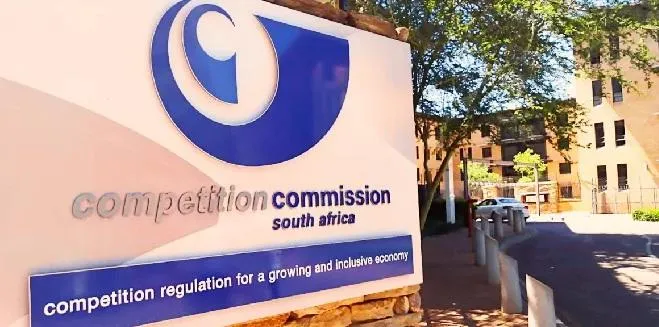Competition conference highlights urgent need for responsive competition laws

The Competition Commission is seeking laws that will allow it to act quickly in regulating the economy.
Image: File
In a world grappling with unprecedented economic instability and evolving market dynamics, the 19th Annual Competition Law, Economics, and Policy Conference, held this week at the Century City Conference Centre in Cape Town, served as a critical platform for discussions on the future of competition law.
Senior government officials, experts, and stakeholders convened under the theme "Competition law in uncertain times" to address how traditional regulatory frameworks must adapt to contemporary challenges.
Opening the conference, Mondo Mazwai, Chair of the Competition Tribunal, set the tone by acknowledging the global turmoil affecting economic relations. "Competition authorities around the world are striving to formulate and enforce competition rules amid rising complexity and uncertainty," said Mazwai. She reiterated the importance of using existing legal and economic frameworks as essential tools to confront these challenges head-on.
The Deputy Minister of Trade, Industry, and Competition, Zuko Godlimpi, said in his address that the purpose of the conference was to deepen dialogue about the roles of government and business in fostering a more responsive regulatory environment.
"Our efforts must also focus on building a more coherent set of interventions across various agencies that drive inclusive transformation in a strategic and impactful manner," he said.
Godlimpi emphasised that competition policy should not merely be viewed as a means to ensure market fairness, but rather as a strategic lever for economic resilience. He added, "Through fostering dynamic, inclusive, and open markets, we can support innovation, productivity, and long-term growth."
As discussions unfolded, the spotlight turned to the African Continental Free Trade Area (AfCFTA) competition protocols, highlighting significant opportunities for trade expansion across the continent. In a significant move to enhance regional co-operation, the Commission signed a memorandum of understanding (MOU) with the Fair Competition Commission of Tanzania. This landmark agreement aims to facilitate technical co-operation and enhance enforcement collaboration, creating a co-ordinated approach to tackle pressing competition issues for the benefit of consumers and businesses in both South Africa and Tanzania.
Closing the conference, Competition Commissioner Doris Tshepe raised critical questions about the relevance of competition policy in today’s global landscape. "It's essential to listen to diverse perspectives as we navigate our future," she remarked.
Tshepe called for continued co-operation across borders and sectors to ensure that competition policy remains a steadfast beacon of fairness and a driver of economic prosperity during these challenging times.
As the conference concluded, excitement built for the 9th BRICS International Competition Conference. This ongoing event would explore further the myriad challenges and opportunities facing competition law in the current global economic context.